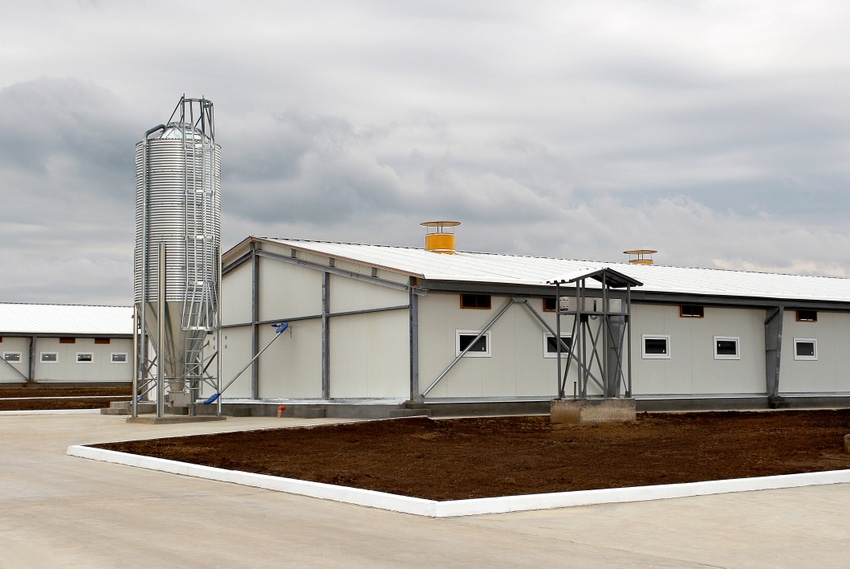PCR tests may better determine pneumonia status of gilts
PCR may be more effective test for M. hyopneumoniae before introducing gilts to sow farms.
October 14, 2020

In the swine industry, sows are often replaced with gilts to maintain genetic diversity and productivity, but a consequence of introducing these younger pigs is that they may carry Mycoplasma hyopneumoniae, which causes contagious pneumonia, according to a research update from the University of Minnesota College of Veterinary Medicine.
A team of researchers led by Dr. Maria Pieters recently published a study in Veterinary Microbiology that looked at the natural infection rate of M. hyopneumoniae in a gilt population that was not previously exposed to any other pig populations.
In the study, one naturally exposed gilt was housed with 29 non-exposed gilts for eight weeks. The researchers collected blood samples, throat swabs and tracheal catheters six times over an eight-week period, along with one pen-based oral fluid sample. Blood tests and polymerase chain reaction (PCR) analysis of these samples revealed that after eight weeks, there were 0.73 new infected gilts per week, on average, the update noted.
The researchers determined that this low rate of infection with this bacteria suggests that blood samples and oral fluids alone may not detect acute stages of pneumonia in gilts, which means that, in the future, lower respiratory tract samples analyzed by PCR can be more effective for testing gilts for M. hyopneumoniae before they are introduced to sow farms.
With this information, producers and their veterinarians can more adequately test gilts for this pathogen and curb infection rates among their herds, the researchers said.
You May Also Like


